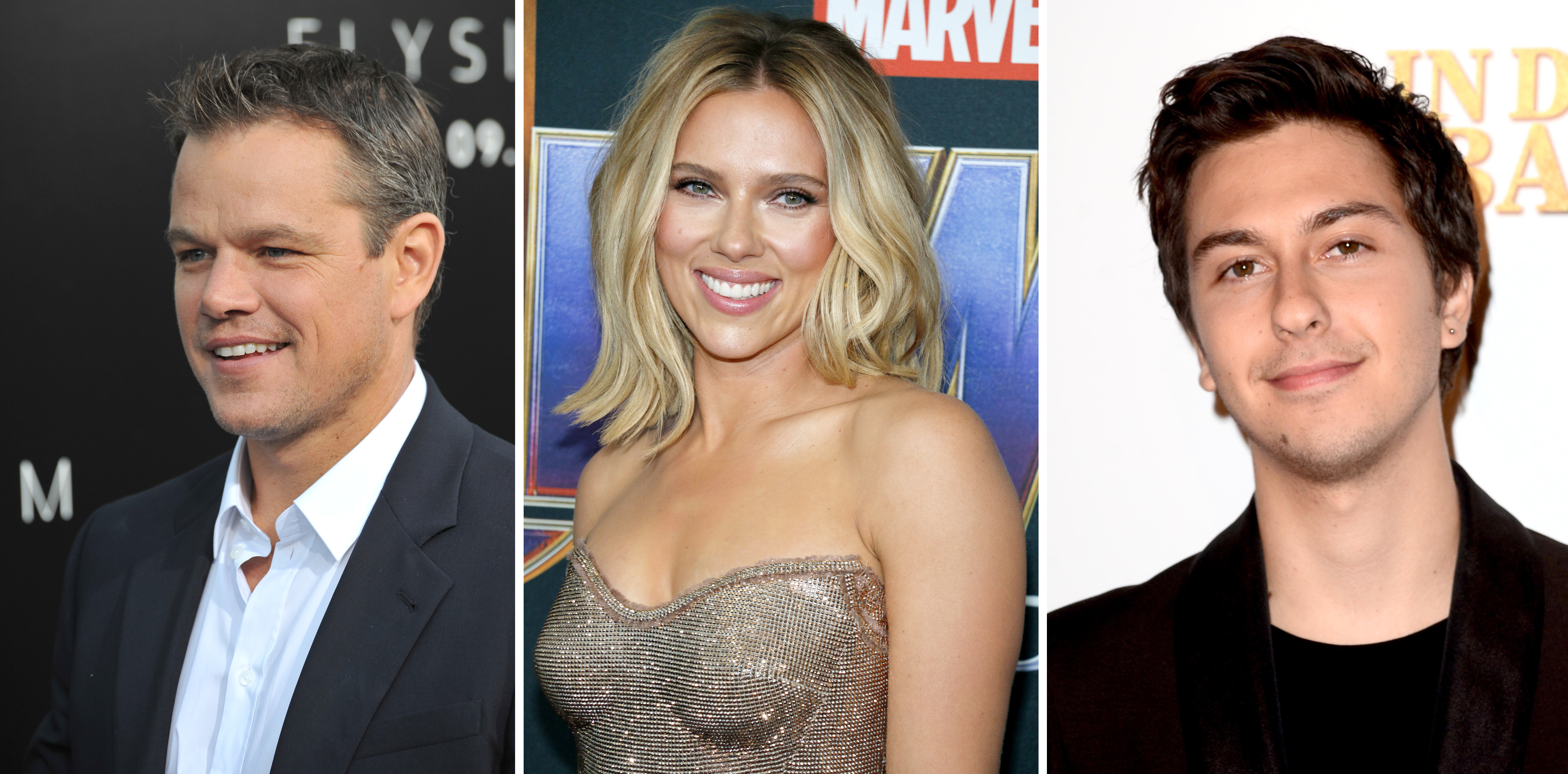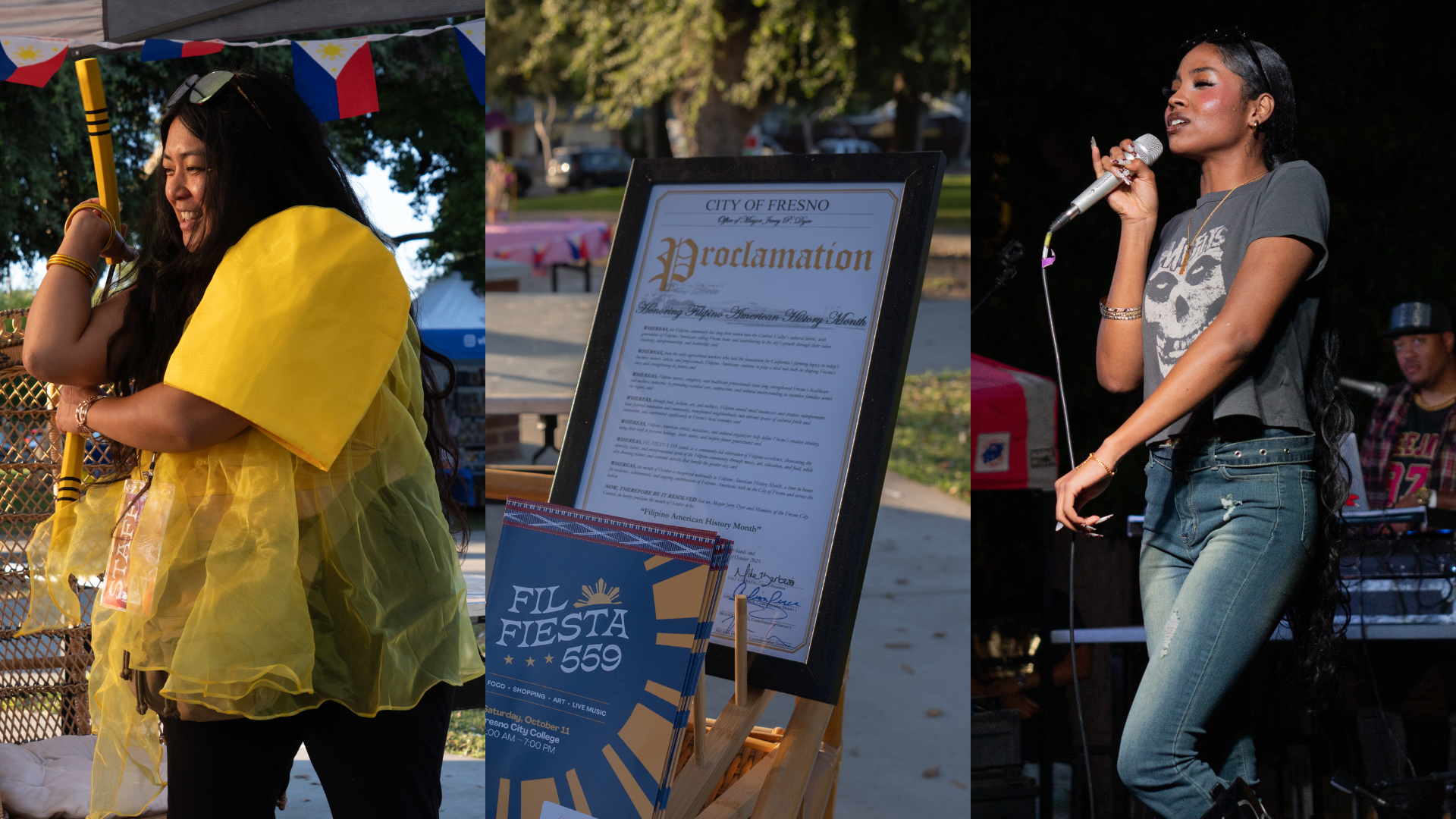
(Spoilers for The Great Wall)
This past month, I was less than excited to see The Great Wall. Perhaps it was because of its competition with Logan, Kong: Skull Island and, of course, Get Out – Jordan Peele’s directorial debut which targets “liberal racism.”
But I also wasn’t running to see the The Great Wall because it appeared to be just another movie about a white actor appropriating Asian culture and using Asian characters as background props.
With movies like this, I tend to share Fresh Off the Boat star Constance Wu’s opinion that “our heroes don’t look like Matt Damon.” When I finally did go to see The Great Wall, I continued to share that view, but also realized that the situation is even more complex than I originally thought.
First things first, The Great Wall was a decent movie with stunning visual effects and an acceptable plotline. The opening formation of the “Nameless Order” was a beautiful scene only to be outdone with the introduction of the “Crane Troop,” an all-women unit. The scene was captivating and well-executed from the completely Chinese cast.
Unfortunately, this is where the movie began to struggle.
The “Crane Troop” wasn’t developed much more than that initial introduction throughout the film. This is just one example of how Director Zhang Yimou failed to give that Chinese cast room to shine, even though he says he took pride in bringing together “one of the largest Chinese casts ever assembled.” The film spends the majority of its time developing Matt Damon’s character with dialogue about greed and a man’s nature – Hollywood themes that are already incredibly cliche.
The ample time spent on Damon’s character sacrifices major plot conflicts that could be explored within the film’s Chinese military order. The few Chinese characters that are given a little more room to develop are compelling, with performances by Jing Tian, Andy Lau and Lu Han. Unfortunately, these characters’ hardships have little to no pay off in the end, as the narrative is clearly focused on the plots of non-Chinese characters played by Matt Damon, William Dafoe and Pedro Pascal.
The Great Wall is a polarizing film when the topic of whitewashing comes up. Though the film doesn’t necessarily replace Asian-based characters with white ones, the use of Asian characters simply as a backdrop for the white characters leaves the film guilty of, at the very least, falling into the typical “White Savior” stereotype.
This “whitewashing” issue continues to plague Hollywood, though not from the lack of acknowledgement: it’s been widely covered by the media and many celebrities have spoken out against it. The problem seems to be stemming from the apparent disinterest of studios who refuse to make a change.
Not every movie with a white male lead in an Asian setting has a white-savior storyline like this one does. But often, Hollywood tries to act as if this pattern is a necessary evil for the movie’s success. It happened last year with Doctor Strange, and it seems to be happening again with the recently released Ghost in the Shell, a film based on a cult classic animé from 1995 – which will star Scarlett Johansson as lead character, Major Motoko Kusanagi.
In both of these films, the source material was overlooked and the opportunity to cast Asian actors in significant, career-making roles was skipped over.
And the trend just continues with the newly released trailer for Death Note, a live-action remake of Tsugumi Ohba’s anime of the same name. The original Death Note follows high school student Light Yagami, but the new Death Note is about high school student Light Turner, played by white actor Nat Wolff.
Though the source material may never explicitly point out Light Yagami’s ethnicity, it is plainly obvious and the decision to change his name to a traditionally white one shows how easily Asian culture and identity is erased to suit Hollywood’s standards.
Another example of this is the original Mighty Morphin Power Rangers television show, which is ridiculed today for having an almost exclusively white cast – with the exception of the Black Ranger, played by a hip-hop dancing black male, and the Yellow Ranger, played by an Asian woman.
Looking back, the racial stereotypes in the 1993 series are glaringly obvious to all audiences.
The situation here is intriguing though, as the live action movie adaptation of the series that was released this month has Ludi Lin, a Chinese-Canadian actor, portraying the Black Ranger and Mexican-American actress Becky G. portraying the Yellow Ranger.
This newly-released reboot of the franchise shows the beauty of a diverse cast, with a black male (RJ Taylor, co-star in the 2015 acclaimed film, Me and Earl and the Dying Girl), portraying Billy Cranston, a character who was white in the original series. This might be an example of growing public awareness of whitewashing leading to a change in the casting process. This is encouraging.
Also important to note that Trini, the Yellow Ranger, is openly queer in the movie. This shows a growing dedication to inclusivity of all kinds.
There are many issues with these whitewashed movies, from politics to profit. For me, the real issue has to do with the value of identity. These “Americanized” adaptations and white savior storylines do not reflect the beauty of diversity. If we really view ourselves as the melting pot of the world, we need to reflect that instead of using it as a title. Seeing instances of whitewashing is nothing new to me or my peers and that’s part of the problem.
But we can’t stop demanding change just because this is nothing new, and we can’t condone these choices made by Hollywood just because this subject has been argued over non-stop.
Films and media have an astonishing amount of power over our culture. It is time that we, as Hollywood’s audience and patrons, exert our influence over what type of media is presented to us. No one wants their child to watch these films and wonder why the actors that look like him or her always act a certain way, or are always kept to the sidelines.
Hollywood needs to remember that these decisions matter to those people, young and old, who look up to these characters as role models. And as the recent box office flops of both The Great Wall and Ghost in the Shell – which lost $75 million and $60 million, respectively – show, these people are no longer will to just accept the crumbs that Hollywood offers them.


